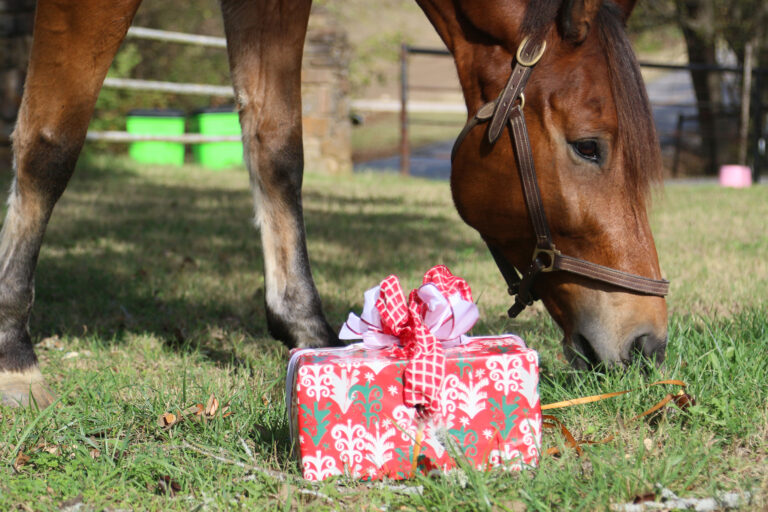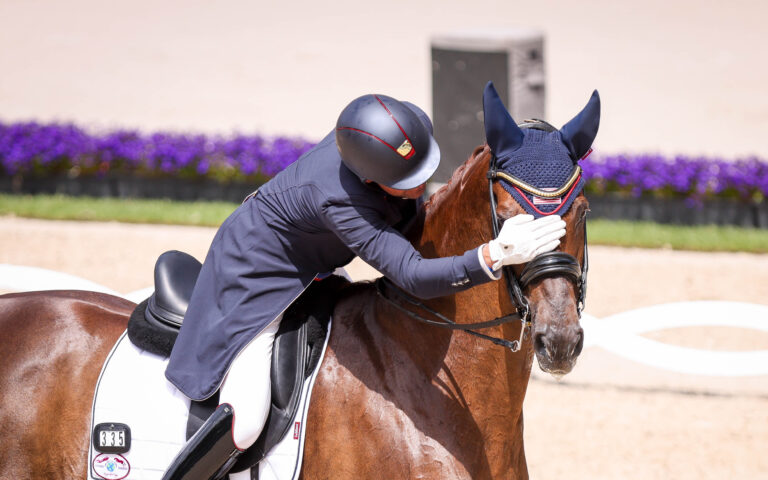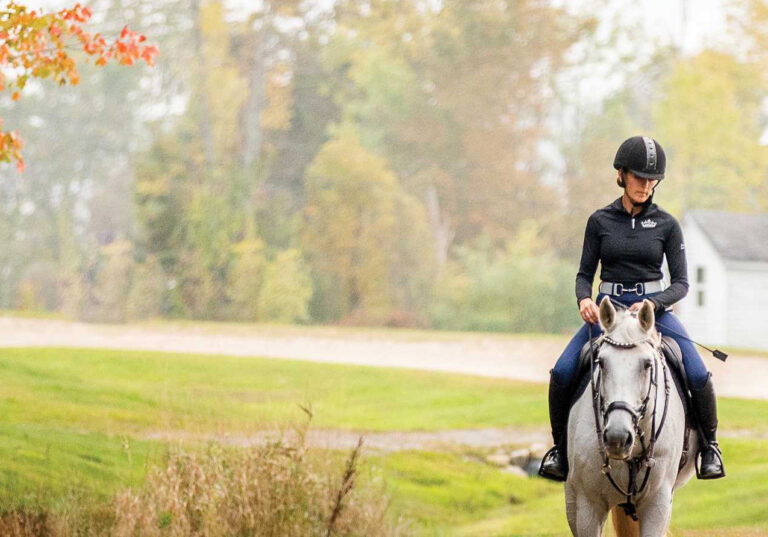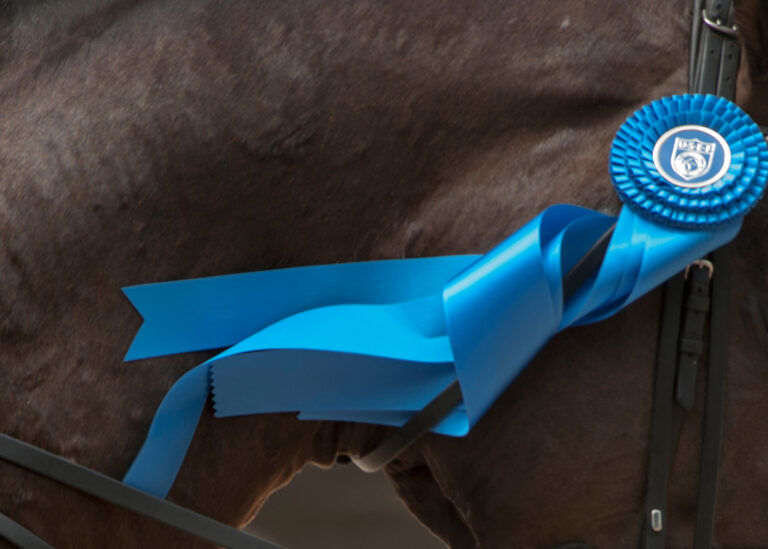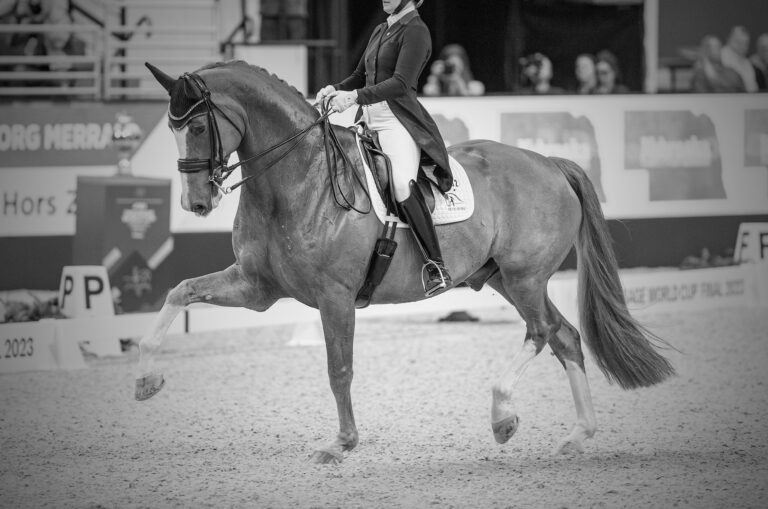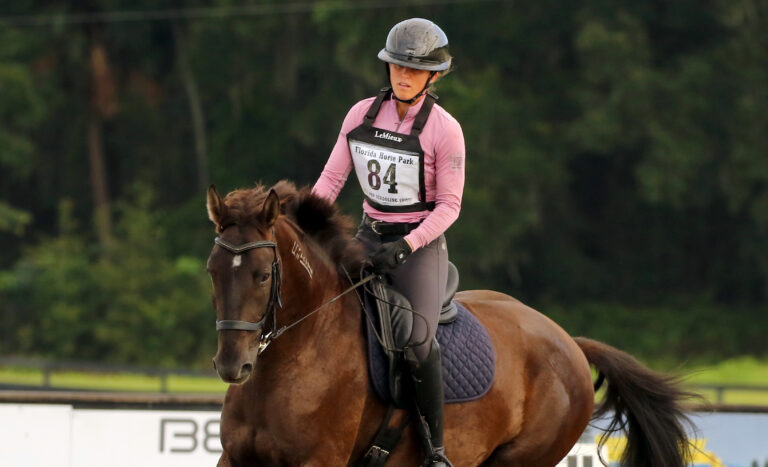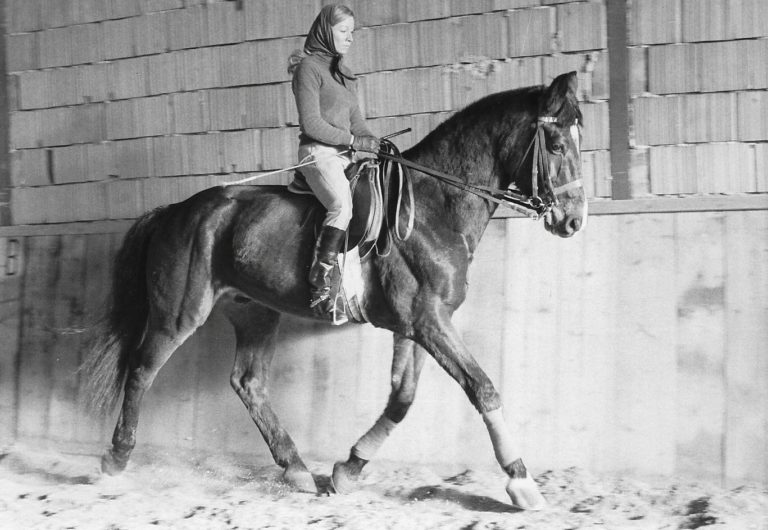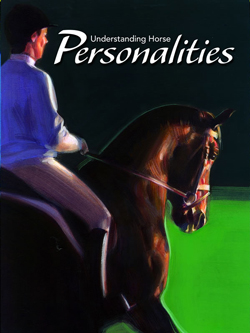Back in the 1960s I was attracted to dressage because of the beauty of it. I wanted to be able to communicate with my horse like the riders I saw were apparently doing. Little did I know how much I had to learn. After all, I had been sitting on the backs of horses since I was 4 years old. I found a stable that I had gone to as a teenager that taught dressage. My lessons were correct. It was my practice that was flawed.
I wanted it so badly that I drilled my first horses. They must have dreaded seeing me come. I thought if I practiced enough, I would get it. And if my horse was having what I thought was a problem, it was because we had not done it enough. I remember one time when I was at a horse show schooling before a class that we were not very good at extended trot. I thought that in order to get a blue ribbon, I needed to be able to show a good one. Well, I rode the extended trot over and over in the warm-up; but it didn’t get any better. It only got worse. I tired my horse out so much that she had hardly enough energy to finish the test. As you can imagine, I did not earn a blue ribbon. As a matter of fact, I didn’t even place in the class. I had only made my horse tired and defeated any chance of my winning that class.
It took me a bit of maturing to realize that to bring out the beauty and harmony of dressage in my riding, I needed to honestly listen to the feedback that I was receiving from my equine partner. What I mean by that is that I needed to listen to the horse and not just make him do what I wanted. Of course, my goal of winning was still there. It was just a different journey I had to take to get there. It took a different mindset.
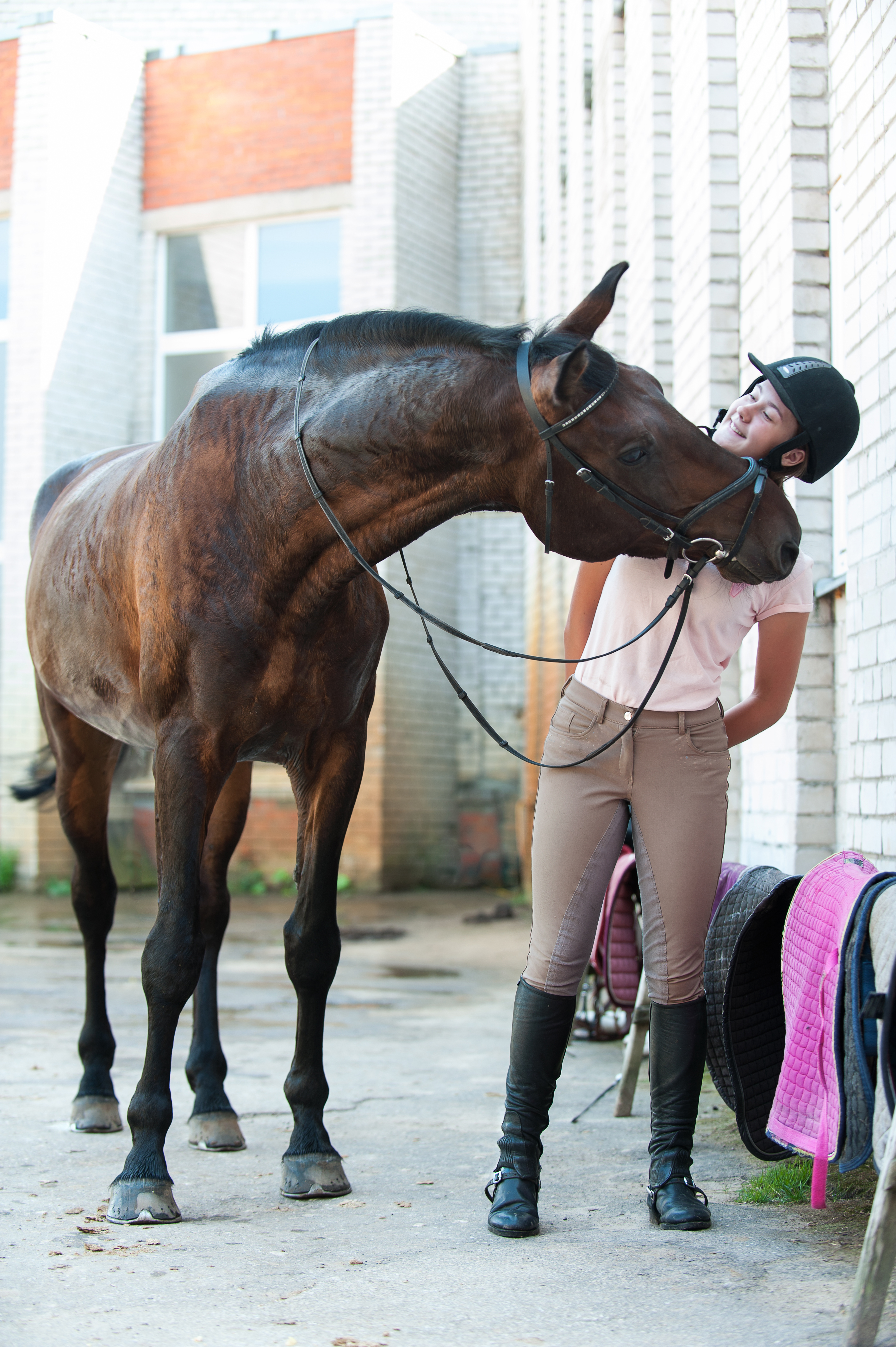
It is much more rewarding to the student—whether human or equine—if she has a responsibility to succeed with some problem-solving of her own. That can be accomplished only if we listen to the horses not as we humans think but according to how they process the world through their equine minds. For example, there were days when I would have an agenda to school my horse in something new to him, such as flying changes. It would often be a disaster because my horse was extremely agitated with something, such as his best friend had gone out to the pasture to play without him. How could he want to learn what I was trying to teach him? On these days, it would have been much better to work on an easier task, something in which he could be successful. That way, I could reward him in an honest way because he was able to accomplish the lesson with success. It is extremely important that rewards are really earned and are appropriate.
There was another obstacle hindering both my success and my horse’s that I didn’t realize back then. I was often expecting something from myself and/or my horse that wasn’t possible because we hadn’t learned the skills that were needed as prerequisites—something as simple as my horse not having an understanding of simple aids such as “stop,” “go” and “turn” before I was trying to learn and teach half halts.
Dressage could have been much more rewarding for both my horses and me if I had listened to my horse from the beginning and if I had known not to skip seemingly easy steps.
Maryal Barnett is a USEF “S” dressage judge and a Canadian Equestrian Federation senior dressage judge. She has given several judges’ mini-forums throughout the U.S. and has been accepted to the USDF “L” Faculty to teach others to be dressage judges. In 1998, she was chosen to be an official USDF instructor certification examiner and faculty member. As a rider, she has shown her own horses from Training Level through Grand Prix. In 2014, she received the USDF Lifetime Achievement award and her local GMO, the Midwest Dressage Association, inducted her into the 2015 Hall of Fame.


